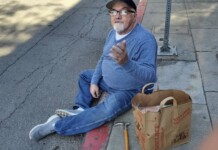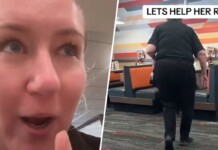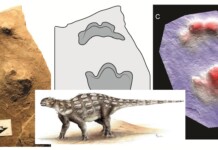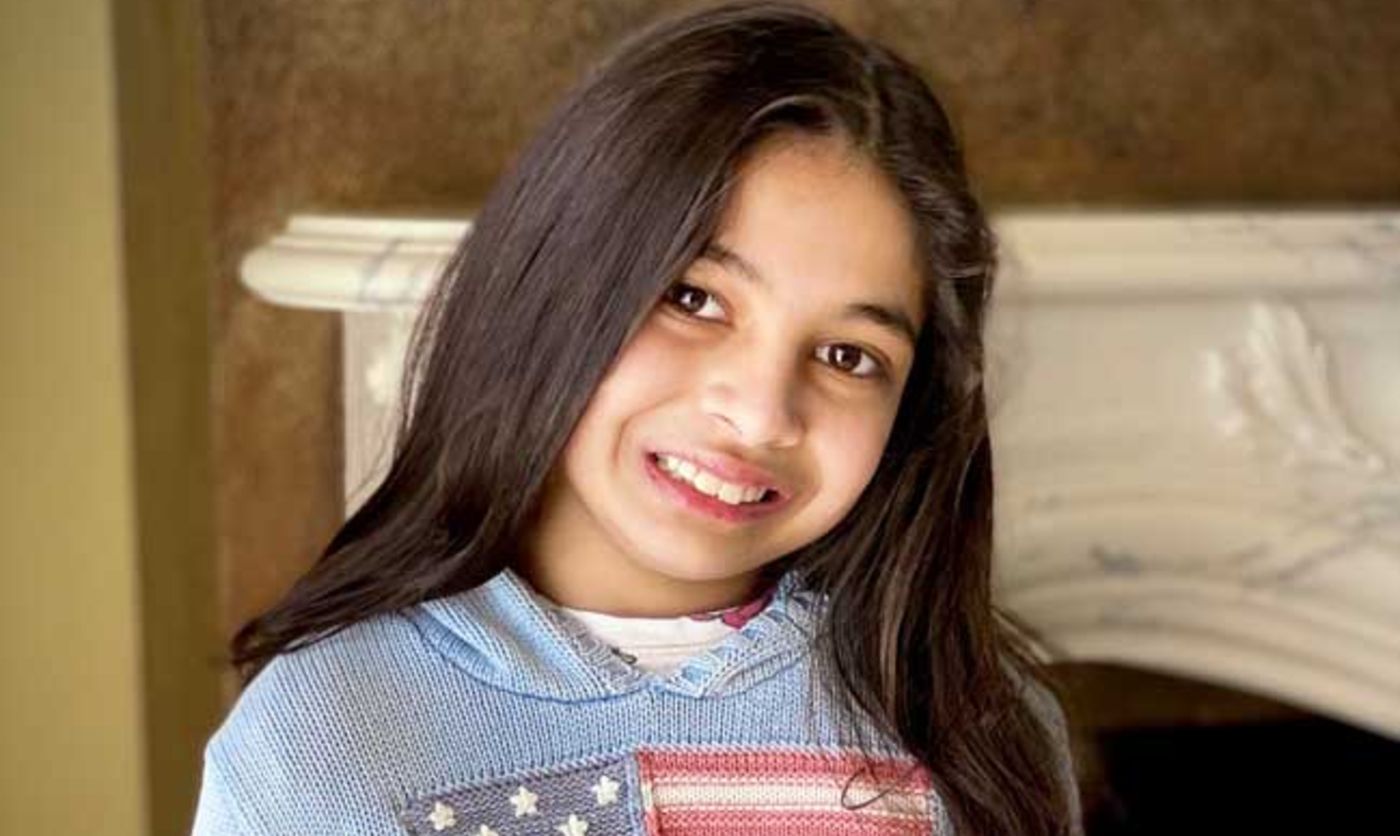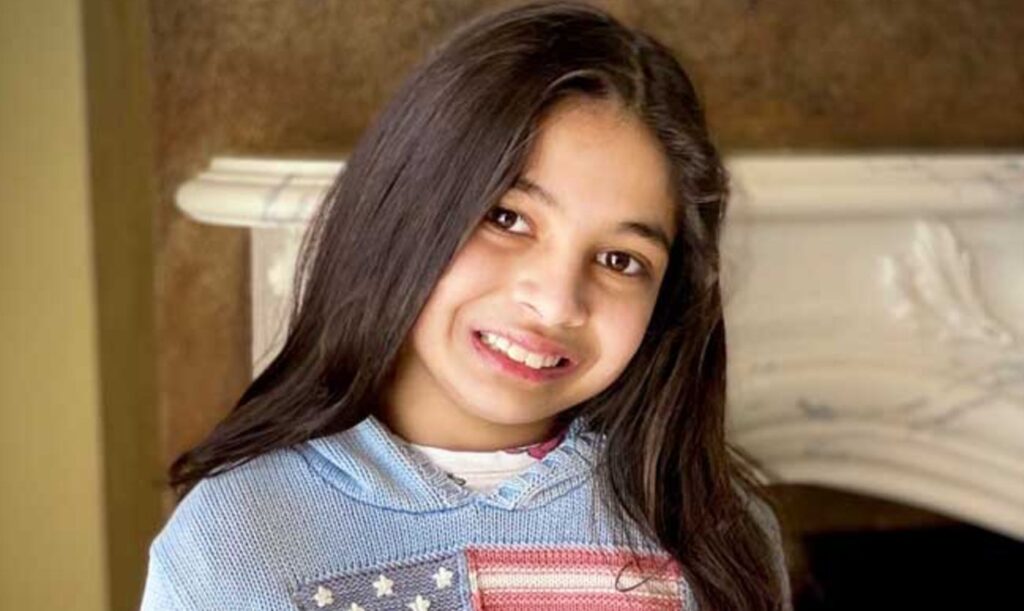
Just because you’ve got “higher math” in your name, doesn’t necessarily mean you’ll have an aptitude for arithmetic, but for 11-year-old Sanaa Hiremath, numbers are her special gift.
Sanaa, who was diagnosed with autism at age 2, is so proficient at multiplication she recently took home an award from Guinness World Records (GWR) for ‘largest mental arithmetic multiplication problem’.
Her parents learned their daughter was a math whiz when she was just 7 years old. The first time Sanaa was introduced to the concept of multiplication, she grasped it almost immediately.
“[Sanaa] was able to instantly type in the answers for math problems—some of which I had a hard time [even] understanding the question itself!” her mother Priya told Guinness World Records.
Yet due to her autism, Sanaa failed Second Grade math at school.
“They tested her on math. They gave her pencil and paper and told her to write one to 20 and she could not because she can’t hold the pencil because she has fine grip, she has poor motor issues,” Sanaa’s father, Uday, explained to Bay News 9, “She was different from the other kids. That was obvious—but what was not obvious was how gifted she was.”
To earn her Guinness World Record, Sanaa was timed while multiplying a dozen randomly generated digits. She completed the daunting task in under 10 minutes.
Perhaps the most amazing aspect of Sanaa’s gift is that she solves all of her equations strictly in her head. No paper. No pencils. No calculator.
“She’s not just being a human calculator, she can actually solve complex problems,” Uday told News 9. “I don’t think she has any limitations… Six digits, seven digits, who knows how many digits. I don’t think she has those limitations.”
MORE: 14-Year-Old Girl Wins $25,000 For a Scientific Breakthrough That Could Lead to COVID-19 Cure
Even so, Priya and Uday are trying to make sure the life their daughter leads is that of a normal 11-year-old—and in many ways, Sanaa is like your average pre-teen who enjoys music, swimming, and bike-riding.
However, since a conventional education wasn’t suited to her special needs, it was decided home-schooling would be Sanaa’s best option. Under Priya’s tutelage, Sanaa has blossomed.
Although she’s made tremendous advances, her parents prefer to keep her at grade level with her peers as they strive to maintain a cautious balance between Sanaa’s special talents and the verbal, social, and motor skills with which she continues to struggle.
“Sanaa has worked every day of her life to pull herself up to where she is now,” Priya told GWR. “Whether it is her speech, gross and fine motor skills, and every little thing we take for granted in our daily lives, she has worked hard for all of those. She is now able to do things which were considered impossible during her early childhood.”
RELATED: Nigerian-Irish Teens Develop a Dementia App for Sufferers Coping With Lockdown–and It’s Won Awards
Albert Einstein once said of conventional education: “Most teachers waste their time by asking questions that are intended to discover what the pupil does not know, whereas the true art of questioning is to discover what the pupil does know or is capable of knowing.”
For Sanaa—and others like her—when solving the genius equation, a brilliant mind must be multiplied by unconventional wisdom—which means it’s up to the rest of us to learn to ask the right questions.
MULTIPLY the Good News and Send This Story to Friends on Social Media…


